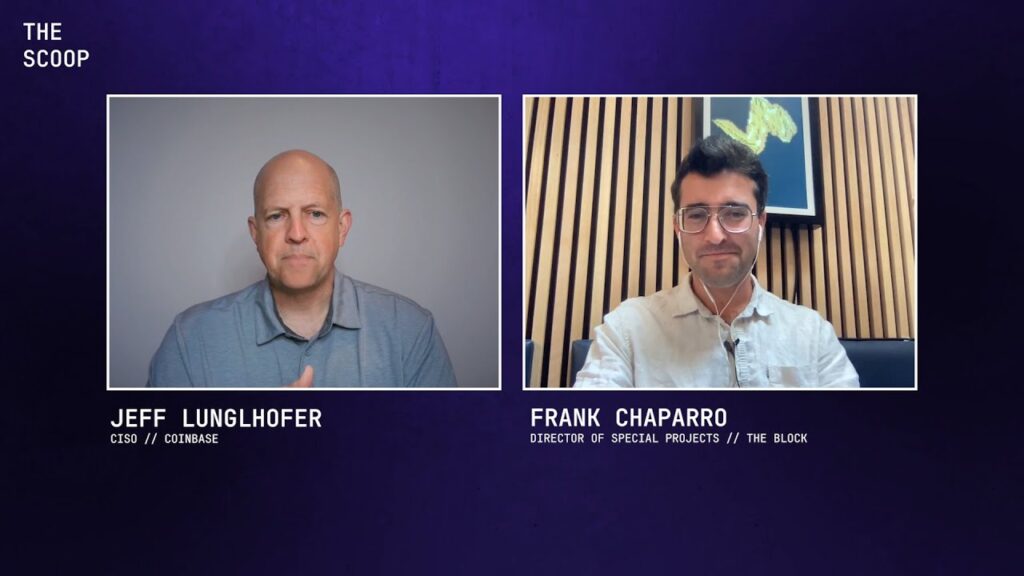Podcast Summary
The podcast delves into the ongoing legal battle between Coinbase and the SEC, focusing on the implications for the crypto industry. The discussion revolves around whether crypto tokens sold on Coinbase’s platform are unregistered securities, with the outcome potentially setting a precedent for the SEC’s jurisdiction over crypto tokens. The podcast also touches on the major questions doctrine, a legal principle requiring explicit congressional authorization for government agencies to regulate major economic sectors.
Key Takeaways
Legal Battle Between Coinbase and SEC
- Case Overview: Coinbase is arguing for the case to be dismissed at this early stage, while the SEC believes the lawsuit, which claims Coinbase’s staking service and tokens are unregistered securities, has merit and should proceed to trial.
- Implications: The outcome of this case, along with a similar case involving Binance, could set a precedent for whether crypto tokens are generally under the SEC’s jurisdiction as unregistered securities.
Understanding Staking
- Staking Definition: Coinbase’s defense on staking is based on the premise that it simply facilitates users’ access to a feature inherent to certain blockchains, rather than being a source of profit.
- Judge’s Perspective: Judge Falia finds staking to be the “least traditional investment-like” function, indicating a potential positive outlook for Coinbase’s argument.
Applying the Howey Test
- SEC’s Argument: The SEC’s novel argument post-Ripple case suggests that investing in a token’s network and ecosystem could satisfy the Howey Test, but this argument is challenged when applied to Bitcoin.
- Coinbase’s Counterargument: Coinbase counters the SEC’s stance, arguing that the Howey Test does not apply since there is no investment contract with token holders, and promotional materials alone do not constitute securities.
Major Questions Doctrine
- Coinbase’s Stance: Coinbase argues that the crypto industry’s significance warrants the application of the major questions doctrine, suggesting that the industry’s importance to the U.S. economy is of “vast economic and political significance.”
- Judge’s Reluctance: Judge Falia expresses her reluctance to apply the major questions doctrine, equating it to a “nuclear option” and voicing her discomfort with making a decision that might be more appropriate for the Supreme Court.
Community Reaction
- Legal Experts’ Opinions: Legal experts like Jake Chervinsky and Bill Hinman point out the flaw in the SEC’s legal theory that could classify nearly every asset as a security.
- Industry Praise: Kristin Smith from the Blockchain Association praised Judge Falia for her preparedness, understanding of the technology, and recognition of the need for legislative action rather than SEC overreach.
Sentiment Analysis
- Bullish: The podcast exhibits a bullish sentiment towards Coinbase’s argument that it simply facilitates users’ access to a feature inherent to certain blockchains, rather than being a source of profit. This is further reinforced by Judge Falia’s perspective, who finds staking to be the “least traditional investment-like” function.
- Bearish: A bearish sentiment is expressed towards the SEC’s broad application of securities law to crypto. The podcast highlights the flaw in the SEC’s legal theory that could classify nearly every asset as a security, as pointed out by legal experts.
- Neutral: The podcast maintains a neutral stance on the outcome of the legal battle between Coinbase and the SEC, acknowledging that the outcome is still uncertain but the proceedings have highlighted the lack of clarity in the law and the industry’s willingness to comply with reasonable regulations.











